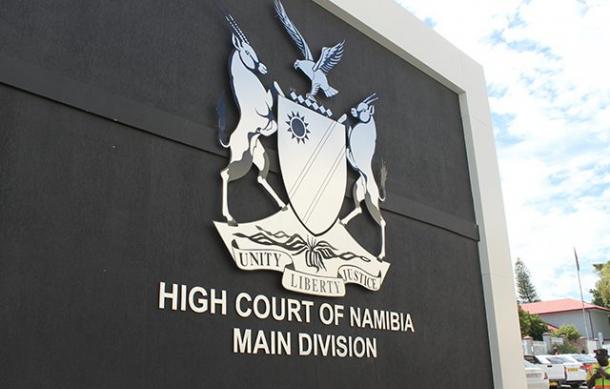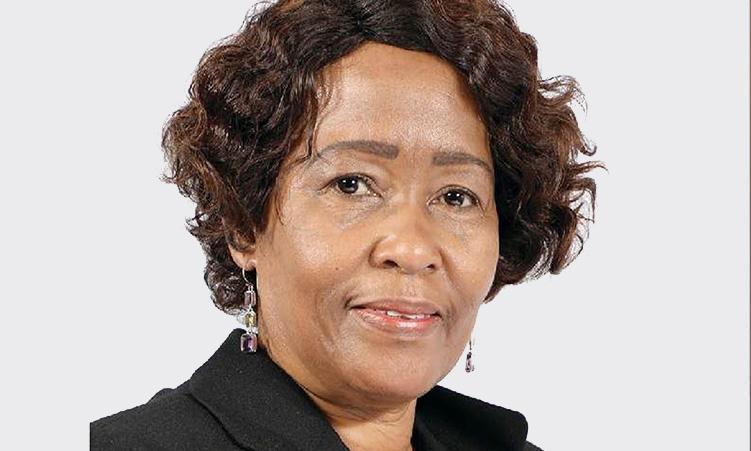LONDON – Bank of England rate-setters spotted some signs that Britain’s recession was becoming less acute at their most recent meeting on April 9 – but held back from saying that the economy was on the road to recovery, according to minutes released yesterday.
While unanimously voting to keep the benchmark interest rate unchanged at the record low of 0,5 per cent and to press on with a 75 billion pound programme to expand the money supply, the nine-member monetary policy committee, or MPC, did lay out the hope that the worst of the recession may have passed.Though agreeing that the British economy was likely to have contracted again in the first quarter of 2009 as it did in the fourth quarter of 2008, the MPC, led by governor Mervyn King, noted business surveys suggest the ‘rate of contraction might be starting to moderate in the second quarter.’This, the MPC said, may indicate that business were drawing down their stock of goods at a slower rate and the past sharp fall in the value of the pound was encouraging exports.In addition, the rate-setters noted that housing market activity indicators had appeared to stabilise, although at low levels, that share prices had risen and that credit availability might be starting to improve somewhat.They stressed that it was ‘too soon to be sure that these improvements would continue, as many of the indicators were volatile from month to month and were vulnerable to further shocks.’In particular, they said the sharp rise in unemployment – many economists think the number of jobless could rise another one million this year to over three million – might prompt further falls in confidence and a reining in of consumer spending.Overall, the risks to the domestic economy remained weighted to the downside, the bank said.Though the fall in the pound may be beginning to boost exports, the committee said the unexpected rise in inflation in February may have been due to higher import prices related to the currency’s weakness. A lower pound makes exports less expensive but makes the price of imported goods higher.Still, the MPC said inflation would likely fall below the two per cent target by the second half of this year – official figures Tuesday showed consumer price inflation down at 2,9 per cent in the year compared to March from February’s 3,2 per cent – partly as a result of lower energy and food costs and partly because the recession was reining in wage demands and business price hikes.The Bank of England will unveil its latest quarterly economic projections in the middle of May after the next meeting of the monetary policy committee. In the minutes, the MPC said it will reassess the pressures on costs and prices from the lower pound and from the increasing spare capacity within firms and the labour market as a result of the recession. -Nampa-AP
Stay informed with The Namibian – your source for credible journalism. Get in-depth reporting and opinions for
only N$85 a month. Invest in journalism, invest in democracy –
Subscribe Now!











